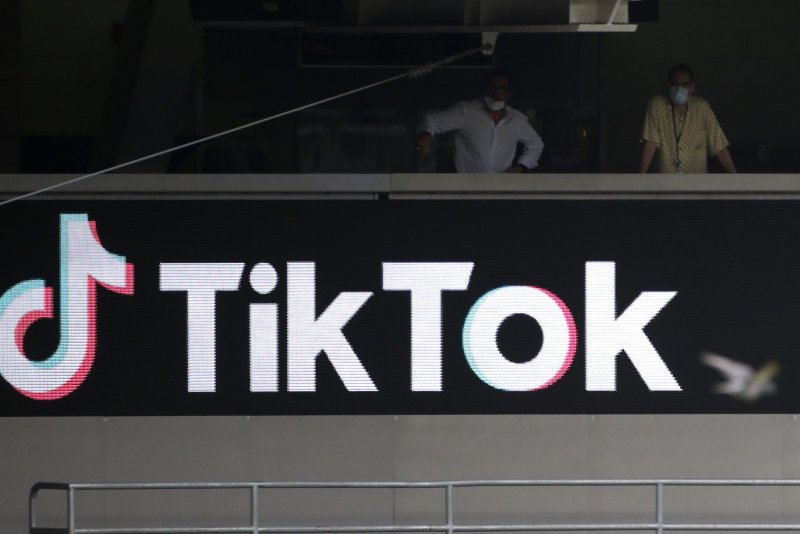1 of 3 | The U.S. Justice Department is petitioning the Supreme Court not to entertain President-elect Donald Trump’s attempts to influence the court’s decision related to a law that would ban TikTok in just over two weeks. File Photo by John Angelillo/UPI |
License PhotoJan. 4 (UPI) — The U.S. Justice Department is petitioning the Supreme Court not to entertain President-elect Donald Trump‘s attempts to influence the court’s decision related to a law that would ban TikTok in just over two weeks.
In a filing earlier this week, Attorney General Merrick Garland argued the court should not grant Trump’s request to delay its decision on the matter.
In late December, lawyers for Trump filed a motion asking the court to block implementation of a law set to come into effect on Jan. 19 that would force TikTok’s Chinese parent company ByteDance to sell the social media app or have it blocked in the United States.
Garland in the Justice Department’s response this week argued the app remains a threat to U.S. national security.
The majority of the national security concerns relate to ByteDance’s potential influence by the Chinese government.
“TikTok’s collection of reams of sensitive data 2 about 170 million Americans and their contacts makes it a powerful tool for espionage, and TikTok’s role as a key channel of communication makes it a potent weapon for covert influence operations,” Garland wrote in the department’s brief.
“So long as TikTok remains subject to the [People’s Republic of China’s] control, the PRC could use those weapons against the United States at any time – for example, at a pivotal moment during a crisis,” the attorney general wrote.”
This past April, President Joe Biden signed the Protecting Americans from Foreign Adversary Controlled Applications Act into the law, which would force the sale. That prompted TikTok, ByteDance and a group of the short-form video app’s content creators to file a legal challenge.
In early December, a U.S. federal appeals court upheld the law, resulting in an appeal to the Supreme Court, which agreed to hear the case on a fast-tracked basis. The company and its supporters argue the law violates their First Amendment rights.
The Supreme Court is scheduled to hear oral arguments in the case on Jan. 10, just days before the law is set to take effect.
“The Act does not warrant heightened First Amendment scrutiny because it does not impose a burden on any cognizable First Amendment rights of ByteDance, its U.S. subsidiary, or TikTok’s users,” Garland and the Justice Department wrote Friday.
“The Act satisfies any level of First Amendment scrutiny, and this Court should uphold it.”
Trump’s legal filing last week argued the high court should pause its involvement until after his inauguration in order to give him time “to negotiate a resolution to save the platform while addressing the national security concerns expressed by the government.”
Other countries have recently taken similar steps against TikTok based on national security concerns.
In early November, Canada ordered TikTok to cease its business operations there, although the app itself will remain available.
The company said it plans to appeal the decision.
